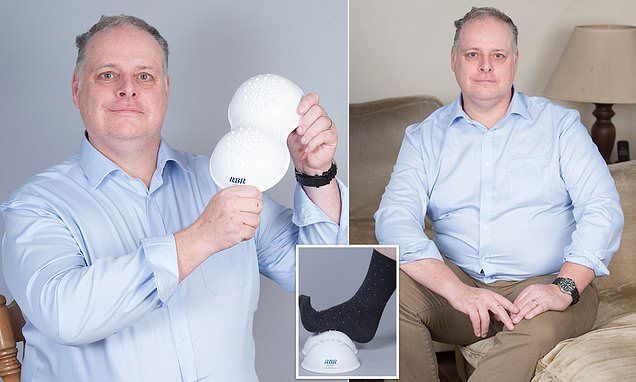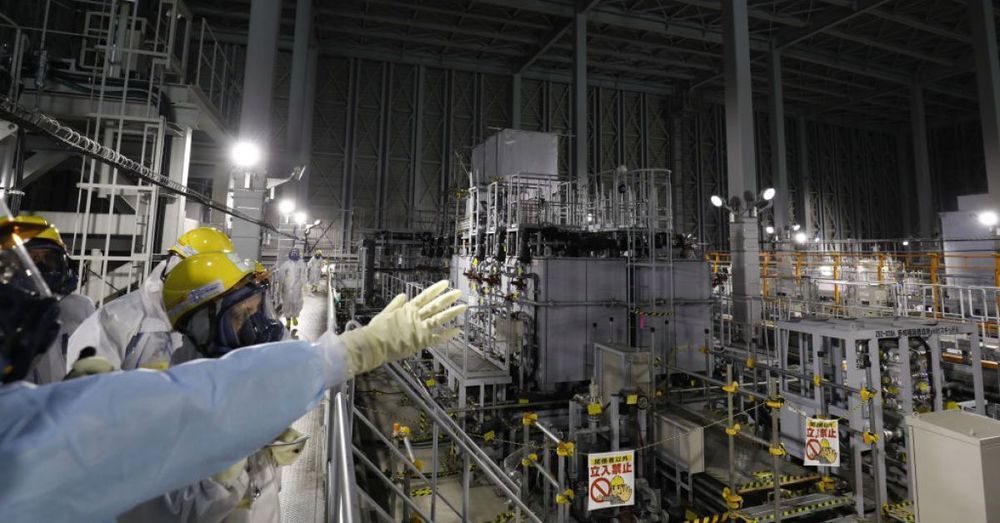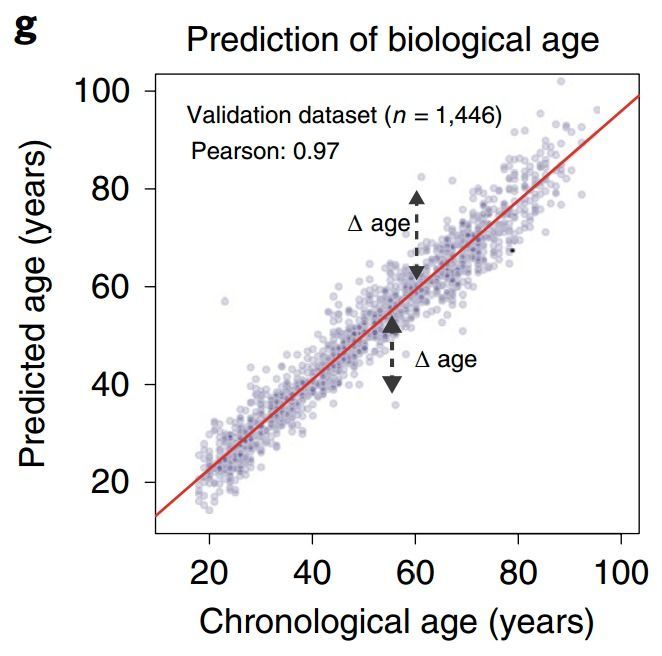Page 8079
Dec 24, 2019
SpaceX achieves key safety milestone for crewed flight with 10th parachute test
Posted by Genevieve Klien in categories: materials, space travel
SpaceX is closing out the year with an achievement that should help it keep on track to fly astronauts on board one of its spacecraft next year. The Elon Musk-led space company finished its tenth consecutive successful parachute system test yesterday, an important safety system milestone that should be a good indication that the latest design is just about ready for use with astronauts on board.
The parachute system is what’s used to slow the descent of SpaceX’s Crew Dragon commercial astronaut spacecraft on its return trip to Earth, once it enters the atmosphere. The current design is the third major iteration of SpaceX’s parachute for Crew Dragon, featuring upgraded materials and improved stitching for the best possible reliability and durability during flight.
Yesterday the team completed the 10th successful multi-chute test in a row of Crew Dragon’s upgraded Mark 3 parachute design – one step closer to safely launching and landing @NASA astronauts pic.twitter.com/nfFjnKygB4
Dec 24, 2019
Do Black Holes Create New Universes?
Posted by Paul Battista in categories: alien life, physics

||The formation of a black hole triggers the formation of a new Universe||
How the heck would it do that? A black hole is nothing but intense gravity. How could it create anything, least of all a brand new Universe? Also assumes that each Universe is governed by the same regularities so that black hole formation is possible. But if the regularities (“laws”) are the same, then the fundamental constants will be the same!
Dec 24, 2019
High-Performance Si Nanoparticle Anode for All-Solid-State Li Batteries
Posted by Quinn Sena in category: nanotechnology
A new study led by NIMS researchers reveals that, in solid electrolytes, a Si anode composed only of commercial Si nanoparticles prepared by spray deposition – the method is a cost-effective, atmospheric technique – exhibits excellent electrode performance, which has previously been observed only for film electrodes prepared by evaporation processes. This new result therefore suggests that a low-cost and large-scale production of high-capacity anodes for use in all-solid-state Li batteries is possible.
Dec 24, 2019
Got the Flu? These Doctors Really Want to See You—Virtually
Posted by Genevieve Klien in category: biotech/medical
Getting sick is the worst. But if you’re trying to lure customers who are reluctant or unable to leave home, the virus can be an ally.
Dec 24, 2019
How the ‘big 5’ bolstered their AI through acquisitions in 2019
Posted by Derick Lee in category: robotics/AI
Throughout 2019, tech companies have ramped up their efforts to secure the best AI talent and technology. Here, we take a look back at some of this activity, with a focus on the “big 5”: Facebook, Amazon, Apple, Microsoft, and (Alphabet’s) Google (FAAMG).
All the big tech firms secured AI talent and technology through acquisitions this year, including Facebook, Amazon, Apple, Microsoft, and Google.
Dec 24, 2019
Man who nearly died from blood clot launches preventative device
Posted by Genevieve Klien in category: biotech/medical

Paul Westerman was just 44 when he developed the blood clot that almost killed him after suffering a knee injury while playing tennis.
Eight days after he fell, part of the clot — which had formed in a vein in his calf — travelled to his heart and lungs, with catastrophic results.
Continue reading “Man who nearly died from blood clot launches preventative device” »
Dec 24, 2019
Study finds caffeine helps protect against the damage of a poor diet
Posted by Genevieve Klien in categories: biotech/medical, health
Consuming a diet high in sugar and fat is a known risk factor for a number of health problems, including obesity and type-2 diabetes. A new study from the University of Illinois has found that consuming caffeine from coffee, tea, and other sources may help protect against some of the health consequences often resulting from poor dietary habits. Similar benefits were also associated with consuming synthetic caffeine.
Dec 24, 2019
New Aging Clock based on Proteins in the Blood
Posted by John Davies in categories: biotech/medical, genetics, life extension
Methylation clocks are far and away the most accurate markers of a person’s age, and so are a promising tool for evaluating anti-aging interventions, but they are a bit of a black box. We know from statistics that certain places on chromosomes become steadily methylated ( or demethylated ) with age, but we often don’t know what effect that has on expression of particular genes.
For the first time, a clock has been devised based on proteins in the blood that is comparable in accuracy to the best methylation clocks. This has the advantage of being downstream of epigenetics, so it is less of a black box. What can we learn from the proteins that are increased ( and decreased ) with age?
I’ve written often and enthusiastically about the utility of methylation clocks for evaluation of anti-aging interventions [ blog, blog, blog, journal article ]. This technology offers a way to promptly identify small age-reversal successes (perhaps not in individuals, but averaged over a cohort of ~50 to 100 subjects). Before these tests were available, we had no choice but to wait — usually 10 years or more — for enough experimental subjects to die that we could be sure the intervention we were evaluating affected life expectancy. (This is the plan of the worthy but ridiculously expensive TAME trial promoted by Nir Barzilai.)
















